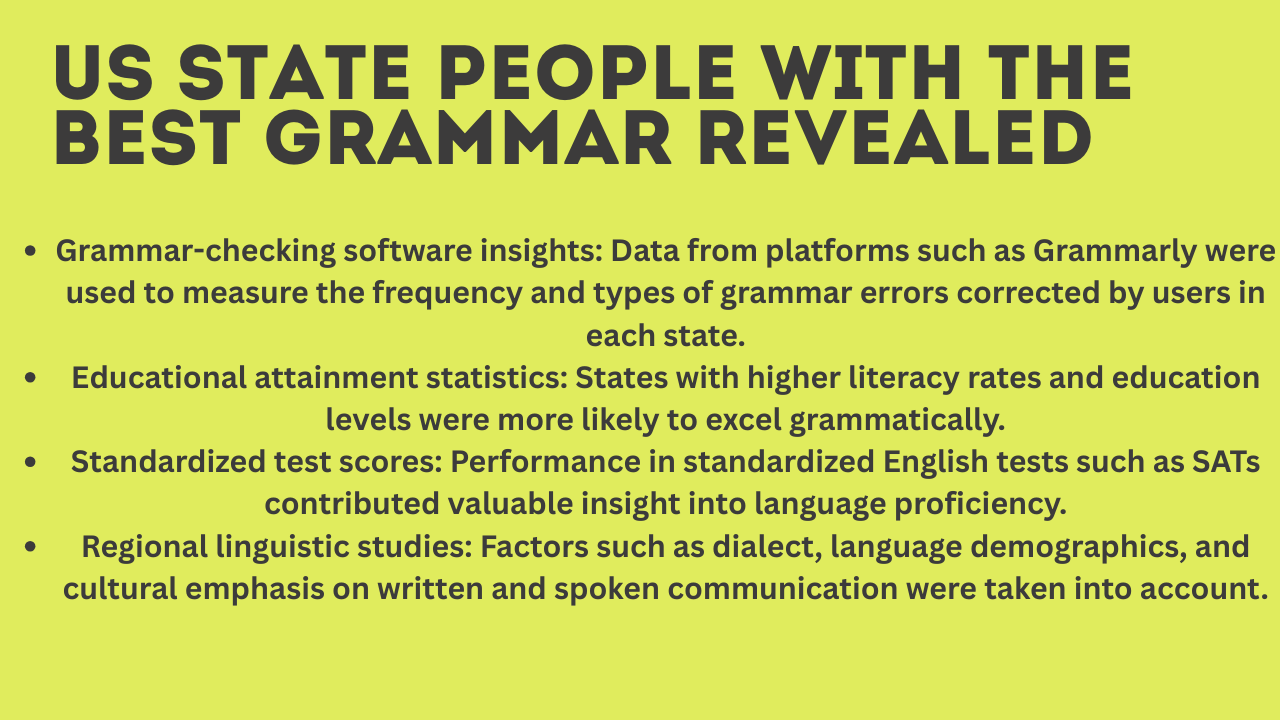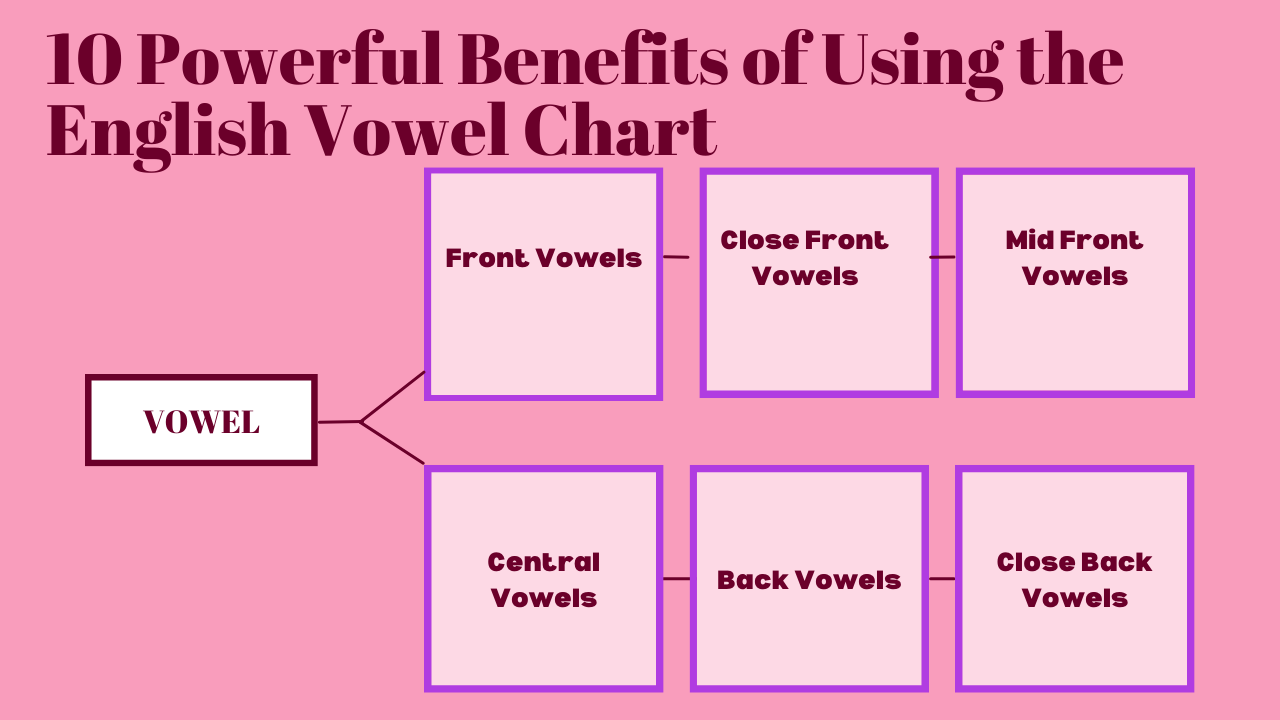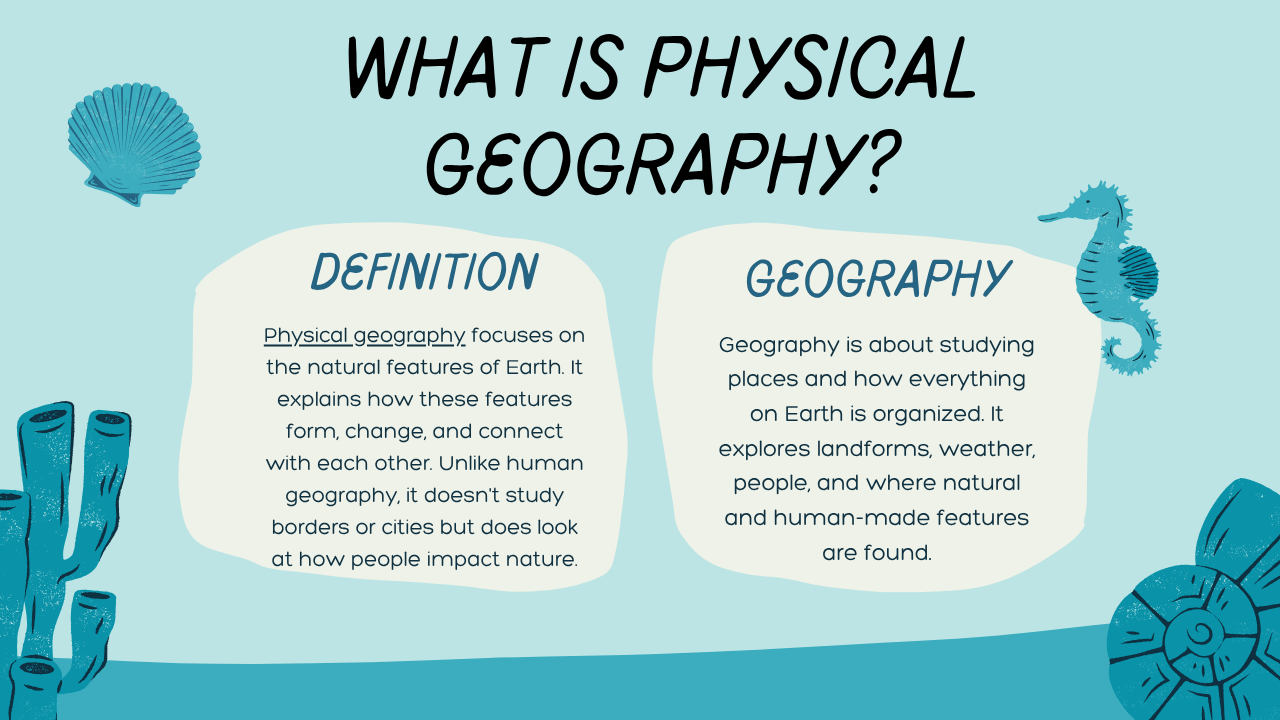Communication is an essential part of our daily lives, and best grammar plays a crucial role in getting our thoughts and ideas across. Whether in professional emails, social media posts, or everyday conversations, strong grammar skills help us present ourselves clearly and confidently. But have you ever wondered which US state has the best grammar? This post dives into the states with the most grammatically proficient residents, explores the factors that influence their linguistic excellence, and offers actionable tips to improve your own grammar skills.
How We Determined the States with the Best Grammar
Before we reveal the top-ranking states, let’s discuss the methodology used to create this list. To evaluate each state’s grammar excellence, we analyzed multiple data points, including:
- Grammar-checking software insights: Data from platforms such as Grammarly were used to measure the frequency and types of grammar errors corrected by users in each state.
- Educational attainment statistics: States with higher literacy rates and education levels were more likely to excel grammatically.
- Standardized test scores: Performance in standardized English tests such as SATs contributed valuable insight into language proficiency.
- Regional linguistic studies: Factors such as dialect, language demographics, and cultural emphasis on written and spoken communication were taken into account.
The data was then normalized and scored to rank the states with the most grammatically proficient residents.
The Top 5 States with the Best Grammar
1. Massachusetts
Massachusetts leads the pack with residents known for their best grammar and command of English. The state’s top-notch educational institutions, such as Harvard and MIT, contribute significantly to high literacy and grammar proficiency. Massachusetts also boasts one of the highest literacy rates in the country at 90%, cementing its reputation as a state prioritizing strong communication skills.
- Notable Statistic: According to Grammarly data, users in Massachusetts scored 20% fewer grammar errors on average compared to national statistics.
- Key Factor: An emphasis on grammar is woven into the state’s rigorous school curriculums, starting from early education.
2. Connecticut
Right next door to Massachusetts, Connecticut takes the second spot. Home to several prestigious universities like Yale, this state has a long-standing history of academic excellence. Its smaller population size also allows for more focused educational initiatives at the community level.
- Notable Statistic: Connecticut scores consistently high in writing sections on standardized tests such as the SAT.
- Key Factor: The cultural emphasis on higher education drives residents to master written and verbal communication skills.
3. Virginia
Virginia ranks third in grammar proficiency, backed by its excellent K–12 education system and historically rich literary culture. Virginians are known to take pride in effective communication, as reflected in their performance on English exams.
- Notable Statistic: Students in Virginia rank in the top 10 nationwide for standardized English test scores.
- Key Factor: Consistent investments in public education and teacher training programs emphasize language arts.
4. Washington
Washington State boasts a vibrant literacy culture fueled by its tech-savvy population and forward-thinking education system. With a strong emphasis on reading and writing, Washingtonians continue to excel grammatically.
- Notable Statistic: Seattle was named one of the top “most literate” cities in the US for multiple years, based on book sales, library resources, and educational attainment.
- Key Factor: The tech industry in Washington further demands grammatically accurate communication across emails, presentations, and collaborative tools.
5. Minnesota
Minnesota wraps up the top 5 with its deep-rooted commitment to education and literacy. The state fosters a cultural appreciation for books, libraries, and language learning, which translates to polished grammar among its residents.
- Notable Statistic: Minnesota has one of the highest high school graduation rates in the nation, with standardized English scores well above the national average.
- Key Factor: The strong Scandinavian cultural influence encourages precision and clarity in language use.
What Influences Grammar Skills
While individual grammar skills vary, certain factors contribute significantly to a state’s overall grammar proficiency:
- Education: States with strong education systems and high literacy rates tend to produce more grammatically proficient populations. Early exposure to grammar rules and consistent practice in school settings play a key role.
- Linguistic Demographics: States with a higher percentage of native English speakers generally show stronger grammar proficiency. However, bilingual or multilingual residents often bring a deeper understanding of language structure.
- Cultural Values: Certain regions place a higher emphasis on clear and precise communication, both in professional and everyday interactions.
- Access to Resources: Inequality in access to grammar-learning tools, books, and digital language platforms can influence grammar skill gaps across states.
Tips for Improving Your Grammar
No matter where you live, anyone can improve their grammar skills with consistent effort. Here are practical steps you can take:
- Read Regularly: Reading books, articles, and blogs expands your vocabulary and reinforces proper grammar structures.
- Write Every Day: Keep a journal or write short essays to practice your grammar in a low-pressure environment.
- Use Grammar Tools: Leverage grammar-checking tools like Grammarly, Outwrite, or ProWritingAid to catch errors and get real-time suggestions.
- Take Online Courses: Websites like Coursera, Udemy, and Khan Academy offer affordable grammar courses tailored to various skill levels.
- Review Grammar Rules: Refresh your knowledge of common grammar rules, such as subject-verb agreement, punctuation usage, and sentence structure.
- Seek Feedback: Share your writing with friends, teachers, or editors who can offer constructive feedback.
Why Grammar Matters
Strong grammar skills go beyond acing essays and professional emails. They open doors to opportunities in careers, relationships, and personal development. Whether you’re crafting a cover letter, giving a presentation, or engaging in social media, grammar is often the first impression you leave.
By learning from the top-ranking states with the best grammar skills and applying some of the actionable tips we’ve shared, you can elevate your communication prowess.
Remember, it’s never too late to improve. Take the first step toward becoming a more confident writer today!
FAQs
Q: How are the rankings for grammar proficiency determined?
A: The rankings are based on an analysis of spelling, grammar, and punctuation accuracy across various written communication platforms. Factors like proofreading habits and common linguistic patterns also play a role.
Q: Which US state ranks the highest for grammar skills?
A: The top-ranking state varies depending on the metrics used in the analysis. The results are compiled from diverse data sources to provide a comprehensive overview.
Q: Can I improve my grammar skills easily?
A: Yes! By practicing regularly, using grammar-checking tools, reading more frequently, and learning from reputable resources, you can steadily improve your grammar skills.
Q: Do grammar skills really matter in modern communication?
A: Absolutely. Clear and grammatically correct communication can enhance credibility, professionalism, and understanding in both personal and professional settings.
Q: Is poor grammar a sign of low intelligence?
A: Not at all. Grammar skills are influenced by factors like education, exposure, and practice. With effort, anyone can improve their grammar abilities regardless of their starting point
Further Reading and Resources:
- Grammar Girl’s Quick and Dirty Tips – A helpful resource for learning grammar rules and improving writing skills.
- Purdue Online Writing Lab (OWL) – A comprehensive guide to grammar, punctuation, and writing techniques.







